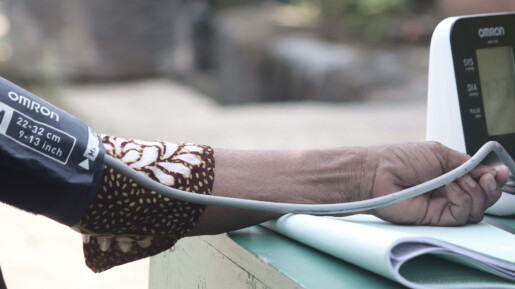What Is Atrial Fibrillation (AF)?
What is Atrial Fibrillation? is the most commonly diagnosed form of arrhythmia. One in four of us will be diagnosed with AF
Unnoticed factors that can trigger atrial fibrillation
There are many factors that can trigger atrial fibrillation – understanding these can help you avoid developing or worsening your afib.
High blood pressure (Hypertension)
High blood pressure can strain the heart and blood vessels which can lead to an increased risk of atrial fibrillation and heart failure.
How Does Your Weight Affect Atrial Fibrillation?
New studies explain more about the connection between excess weight and atrial fibrillation, and the effect weight loss has on afib.
Atrial fibrillation and alcohol
It is important to understand the difference between alcohol as a risk factor for developing atrial fibrillation or as a risk factor for relapse
Stress and Atrial Fibrillation
This article will cover the relationship between stress and atrial fibrillation as a risk factor for development and as a trigger of afib.
The Latest Research On Alcohol and Atrial Fibrillation
There has been agreement for many years that there is a link between alcohol and atrial fibrillation, as a risc factor and a trigger of afib.
Atrial fibrillation and age
Atrial fibrillation becomes much more common the older we get. In particular, the risk increases when we reach the age of 65-70 and older.
Risk of Blood clots and severe bleeding
Atrial fibrillation increases the risk of blood clots, as during an episode the atria is not able to properly drain and can cause blood clots
Decreased pumping power in the heart, or Heart failure
Can atrial fibrillation cause heart failure? Atrial fibrillation can cause heart failure and conversely, heart failure can also lead to afib.









